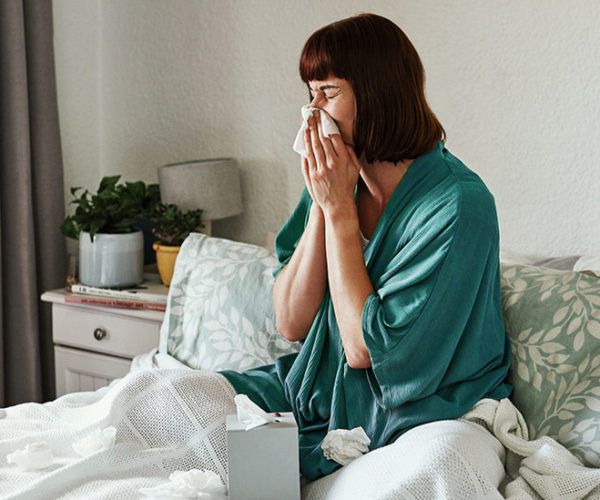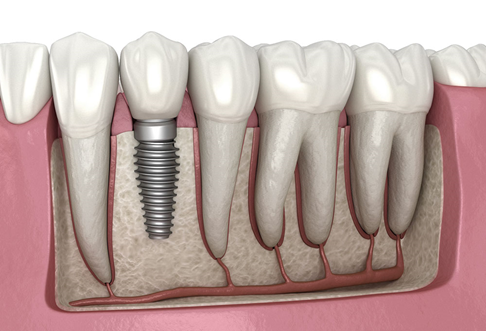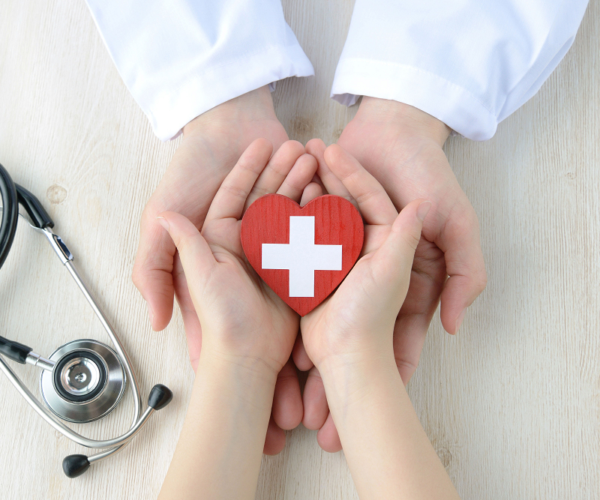Today, more and more individuals pay close attention to health. Education and government programs contribute to growing awareness. However, a large number of people are exposed to mold in some form or the other. Maybe, you live in a damp region where mold flourishes. Perhaps, you got exposed to mold accidentally. Regardless of the reason, seeking mold exposure treatment turns out to be essential. Any delay can worsen your condition.
Mold exposure treatment advice
Many victims hardly bother about the condition. They wake up when the situation turns worse. A bit of laziness quickly transforms into a life-threatening problem. Remember, the extent of symptoms may vary, but any exposure might be dangerous. It’s advisable to seek help early before the scenario magnifies. Here are useful tips on curing mold exposure.
Detect the problem
Some victims get frightened when they perceive allergic reactions. Without a diagnosis, they think that they suffer from serious mold exposure. However, that’s not the situation always. Instead of getting panicked, it’s best to undergo a diagnosis. In most situations, the problem may not be related to mold. All mild allergies can ease through doctor-prescribed medicines.
However, you could likely suffer from mold allergies. So, how to find out? In addition to visible symptoms, you may have to perform tests to be sure of the problem. A blood test and the skin prick test may help you detect the condition. If your report is positive, you should opt for an appropriate cure.
Mold exposure treatment
Preventing exposure to triggers tends to be the best treatment for any type of allergy, including mold. However, you can’t avoid mold completely. If you get hit by mold exposure, the following options might come in handy.
Nasal corticosteroids
These are nasal sprays that avoid and treat the inflammation caused by the upper respiratory mold allergy. Most patients get treated through these sprays. Yet, the cure isn’t free from ill effects. Nosebleeds and nasal dryness are common side effects. Still, these medicines are considered safe. For this reason, many doctors first prescribe nasal sprays to patients. Fluticasone, budesonide, and ciclesonide are popular examples of such sprays.
Rinses
Rinses can treat mild instances of mold exposure. A solution of saline and warm water comes in handy. The solution rinses the nasal passages of mold spores. Even better, it removes congestion and blockage from the nose. The result is a seamless respiratory system without any obstacles.
Allergy shots
In some cases, allergy shots could be the best choice. However, consulting a specialist is highly recommended before going for shots. Your doctor might suggest regular shots with smaller amounts of allergens. That way, you can build your immunity to mold allergies with time.
OTC medicines
Oral decongestants could also treat mold exposure. Sudafed and Drixoral are common decongestants that work. However, oral decongestants aren’t advised to folks with blood pressure problems. So, see to it that you visit your family doctor before taking any mold exposure treatment. If you exercise caution and choose the right treatment, you can easily cure mold-related problems.




